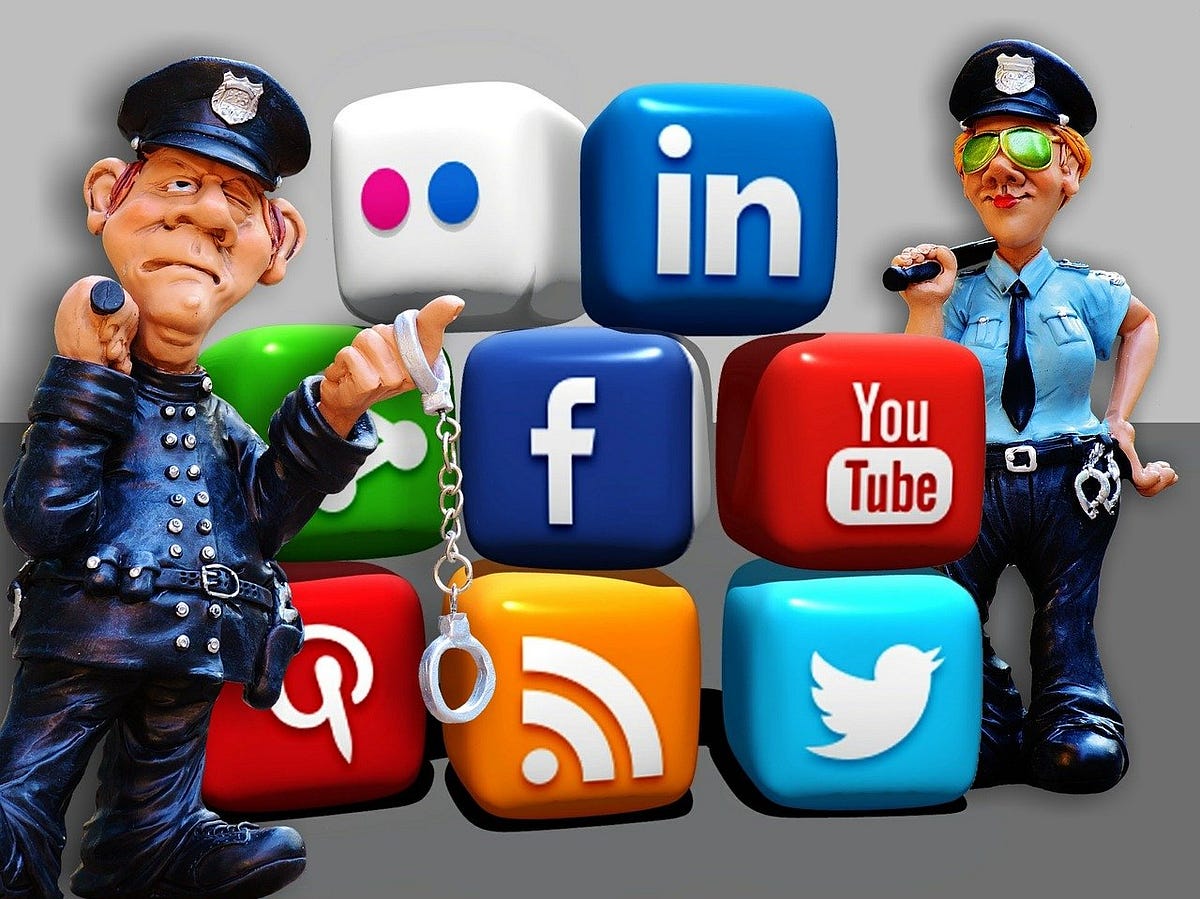The FTC Aims To Purge Social Media’s Dark Secrets

🌈 Abstract
The article discusses the issue of deceptive online marketing and the erosion of trust in digital platforms, particularly in the context of social media and online reviews. It explores how fake reviews, engagement pods, and inflated follower counts have created a distorted reality, making it difficult for consumers to make informed decisions. The article also highlights the psychological and economic factors driving this phenomenon and the potential impact on mental health and societal trust. Finally, it suggests strategies for addressing this problem, including government regulation, self-regulation by platforms, and collective action by users.
🙋 Q&A
[01] The Espresso Machine Experience
1. What was the author's experience with the espresso machine they purchased?
- The author was excited to purchase a highly-rated espresso machine, but when it arrived, it turned out to be a "glorified hot water dispenser" that was incapable of producing a decent cup of espresso.
- The author was baffled by the disparity between their experience and the glowing reviews, which led them to uncover a campaign of fake reviews by the brand.
- The author felt betrayed by the deception and realized they could no longer trust the system they relied on to make informed decisions.
2. How did this experience open the author's eyes to the broader issue of digital deception?
- The author's experience with the espresso machine made them realize that manipulation and deception were widespread on the internet, from fake reviews to inflated follower counts.
- This state of disillusionment led the author to venture into social media as a content creator, where they encountered a "swamp of engagement pods and manufactured enthusiasm" that drowned out genuine conversations.
[02] The FTC's Intervention
1. What new rule did the FTC introduce to address the issue of digital deception?
- The FTC introduced a new rule aimed at addressing the problem of deception in social media, with a maximum civil penalty of $51,744 per instance for violations.
2. How does the author view the significance of the FTC's intervention?
- The author sees the FTC's intervention as a "much-needed referee" in the chaotic game of online deception, providing a glimmer of hope that the digital world can be repaired.
[03] The Psychology and Economics of Digital Deception
1. What is the author's perspective on the role of social proof in digital deception?
- The author explains that high follower counts and glowing reviews serve as shortcuts for credibility and quality, and people are hardwired to trust the "wisdom of the crowd" even when that crowd is artificial.
- From an economic perspective, the author argues that the perception of popularity has become so valuable that people and brands are willing to fabricate it wholesale.
2. How do "engagement pods" work, and what are their implications?
- Engagement pods involve paying to join exclusive groups where members agree to like, comment, and share each other's content, creating a "digital Ponzi scheme of engagement" that tricks algorithms into thinking the content is high-quality.
- This results in posts from pod members gaining visibility, while genuine content from others gets lost in the shuffle, undermining the credibility of the platform.
[04] The Broader Implications of Digital Deception
1. What are the potential impacts of digital deception on mental health and societal trust?
- A 2021 study found a significant association between social media use and increased risk of depression, while a 2020 survey revealed that 64% of Americans believe social media has a mostly negative effect on the country's current state, citing concerns like misinformation and the spread of false news.
- A 2019 survey found that 49% of consumers believe that fake reviews are one of the fastest-growing problems in the consumer market, indicating a loss of trust in online information.
2. What strategies does the author suggest for addressing the problem of digital deception?
- The author suggests that self-regulation by social media platforms might be the best approach, as government regulation moves slowly, and platforms may be motivated to clean up their act to protect their reputation and revenue.
- The author also suggests that collective action by users, such as unfollowing accounts engaged in fake practices, could help drive change.